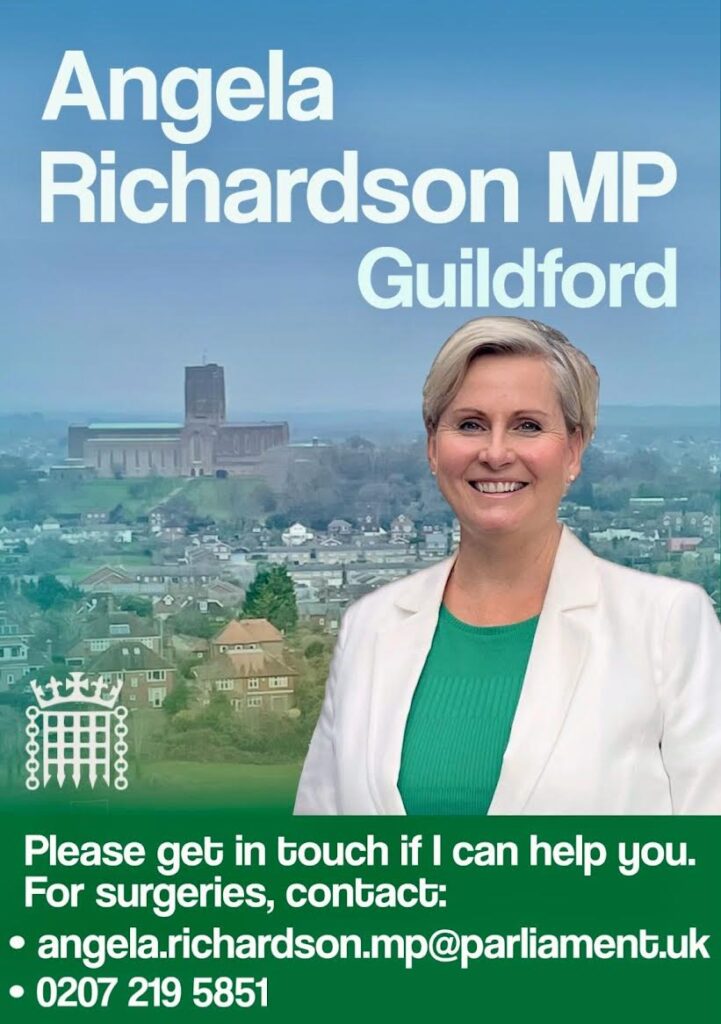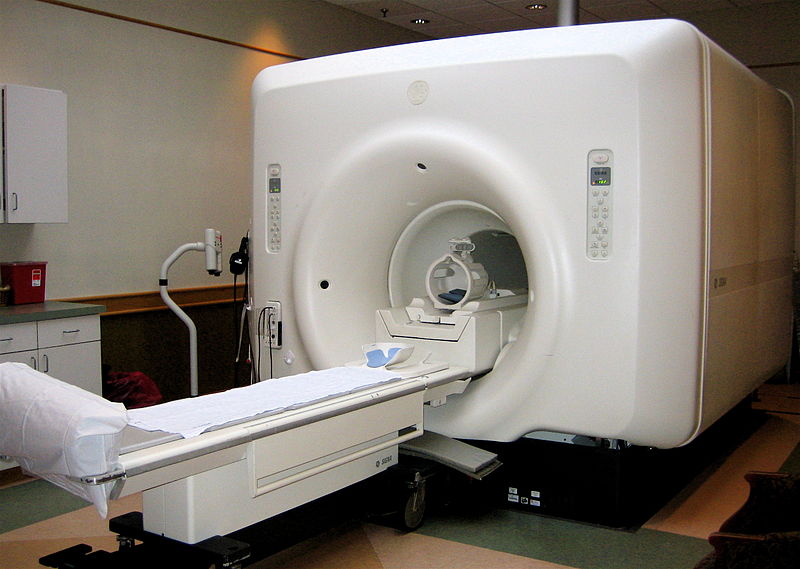 Abraham Lincoln
If given the truth, the people can be depended upon to meet any national crisis...
Abraham Lincoln
If given the truth, the people can be depended upon to meet any national crisis...
 Guildford news...
for Guildford people, brought to you by Guildford reporters - Guildford's own news service
Guildford news...
for Guildford people, brought to you by Guildford reporters - Guildford's own news service
Diagnostic Testing Dipped by 21% in 2020 at the Royal Surrey
Published on: 31 Dec, 2020
Updated on: 31 Dec, 2020
While fear grows over the still increasing impact of the second wave of Covid-19 infections, thousands of Royal Surrey County Hospital patients appear to have already been put off attending for diagnostic screening during the 2020 pandemic.
A BBC national survey showed that in the six months between April and September 2020 there had been a nearly 21% decrease in the number of diagnostic imaging scans (over 82,000 fewer) at the Royal Surrey compared to the same period in 2019.
The decrease at Frimley Hospital was nearly 30% while St Peter’s in Chertsey is not listed.
The BBC reported that their analysis of official figures showed millions of people, nationally, missed out on potentially life-saving scans when non-Covid NHS services ground to a halt because of the pandemic.
The Shared Data Unit at the BBC has found at least 4.4m less diagnostic imaging scans were carried out in England in the same period.
But the decrease in diagnostic testing at the Royal Surrey is lower than all but eight of the other 102 English hospitals listed and Louise Stead, Chief Executive reassured those who rely on our local hospital, saying: “We have kept cancer surgery and diagnostics running throughout this pandemic to make sure that our patients can access the life-saving care they need.
“In line with new national guidelines due to the Covid-19 pandemic, we have postponed some non-urgent diagnostic scanning and we will schedule these appointments as soon as we are able.
“When we have experienced reluctance from patients to take up these diagnostic tests we have contacted them directly in order to offer reassurance and answer queries.
“We would encourage all our patients to attend their planned appointments and if they have concerns, to contact their consultant team or their GP.”
The hospital says it continues to meet the national target of six weeks from routine referral to examination unless patients choose not to attend and in line with national guidelines it has postponed non-urgent scans include those for injections for joint pain to avoid compromising patients’ immune systems.
There are four diagnostic CT scanners at the RSCH which it says gives sufficient capacity to meet current demand. Around 70% of the MRI scans are outsourced but there is a capital project, delayed due to Covid-19, to replace the existing MRI scanner in 2021. It is expected there will be an increasing demand for MRI scans but the hospital is able to meet current demand.
Scans can help diagnose cancer, heart disease and other serious medical conditions.
According to a YouGov poll, carried out in December, one in three adults say they are or would be too afraid to seek medical attention for fear of contracting coronavirus despite the risk of ignoring deadly symptoms.
The survey of 2,199 UK adults aged 18 or older revealed 36% of people delayed, and, or avoided seeking medical care, including urgent and emergency care as well as routine care since lockdown measures were introduced on March 23.
In April, NHS chief executive Sir Simon Stevens warned that “ignoring problems can have serious consequences – now or in the future”. This new poll, commissioned by Woking-based company, Your Personalised Vitamins, revealed that women have been more cautious than men with 40 per cent and 33 per cent respectively admitting they have put off seeking help for health concerns.

See Dragon story: GBC’s Explanation of Major Land Sale Notice Error ‘Borders on Arrogant’ Says Councillor







Recent Articles
- Planning Inspector Allows Another High-rise for Woking
- Letter: Why These False Flag Political Stunts?
- Highly Regarded Joint Strategic Director Quits Guildford & Waverley Councils
- Birdwatcher’s Diary No.302
- Diocese of Guildford Appoints New Registrar and Legal Advisor
- ‘One in Five’ Surrey Police Officers Seeking Another Job
- Insights: Lead from the Front on Values
- New Investment Will Help Surrey Fire and Rescue Service Improve Training Facilities
- Letter: Are the PCC Candidates Relying on Their Party Labels?
- Notice: Sing Barbershop – Every Tuesday


Search in Site
Media Gallery
Dragon Interview: Local Artist Leaves Her Mark At One of England’s Most Historic Buildings
January 21, 2023 / No Comment / Read MoreDragon Interview: Lib Dem Planning Chair: ‘Current Policy Doesn’t Work for Local People’
January 19, 2023 / No Comment / Read MoreA3 Tunnel in Guildford ‘Necessary’ for New Homes, Says Guildford’s MP
January 10, 2023 / No Comment / Read More‘Madness’ for London Road Scheme to Go Ahead Against ‘Huge Opposition’, Says SCC Leader
January 6, 2023 / No Comment / Read MoreCouncillor’s Son Starts Campaign for More Consultation on North Street Plan
December 30, 2022 / No Comment / Read MoreCounty Council Climbs Down Over London Road Works – Further ‘Engagement’ Period Announced
December 14, 2022 / No Comment / Read MoreDragon Interview: GBC Reaction to the Government’s Expected Decision to Relax Housing Targets
December 7, 2022 / No Comment / Read MoreHow Can Our Town Centre Businesses Recover? Watch the Shop Front Debate
May 18, 2020 / No Comment / Read More









Recent Comments